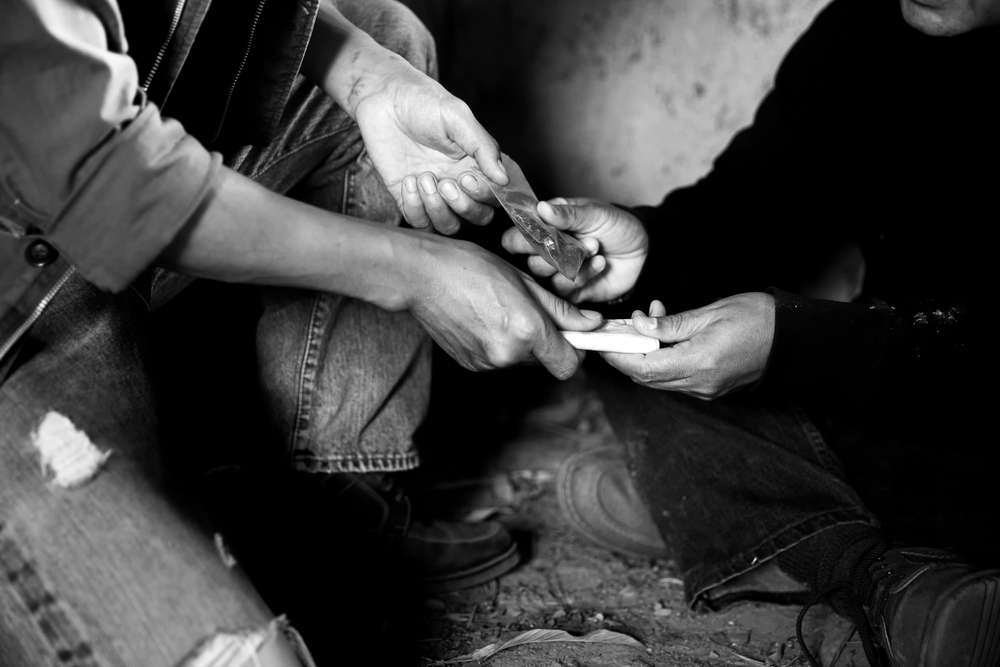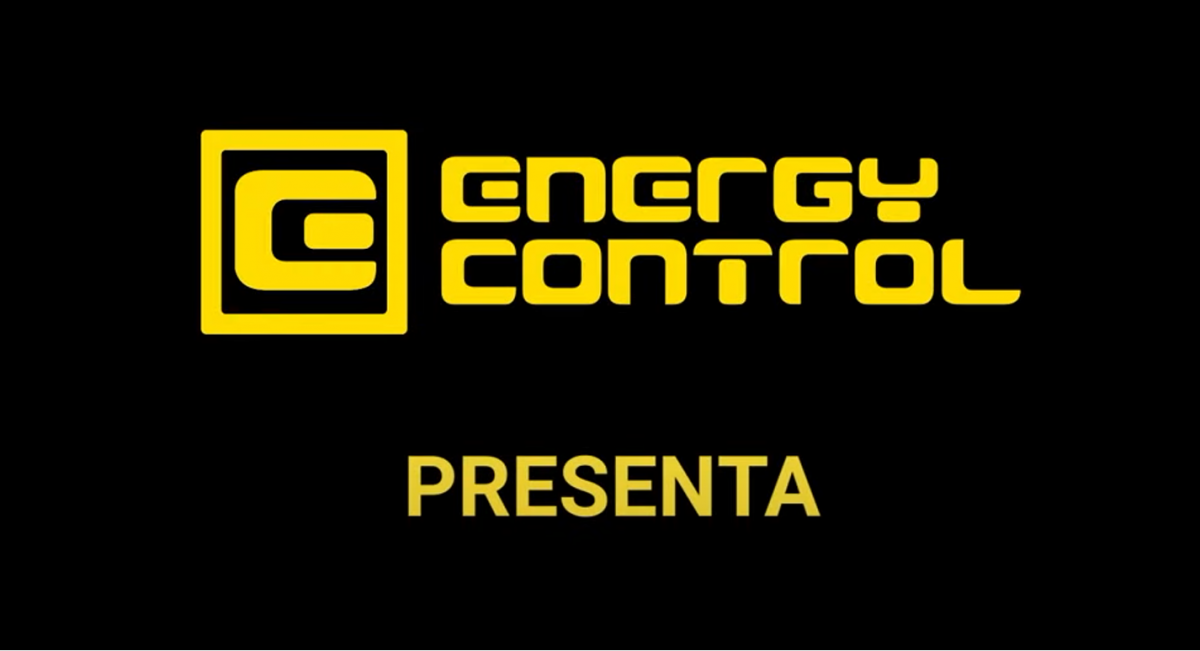Human beings are social creatures – we understand the world around us through our interpretation of the world. This interpretation is fundamentally important to create the structure we need to get through our everyday lives. Now, to live in consensus today we must have shared interpretations, values and beliefs we share together with other humans. Consequently, this means we generally share the same common labels that we ascribe to people.
We see people consume and sell drugs, and many will instantly take a condescending approach to these groups. Phrases like “ah he’s just a drug dealer”, “silly nitty” are all too common. Derogatory dialogue stemming from derogatory views, cultivated from ignorance on why people are involved with them in the first place.
A drug dealer is simply a human being who is selling drugs for money. A drug user is simply a person who consumes drugs. Reducing people’s problems or situation to a drug is simply narrow minded, pushed forward by propaganda of mass media outlets that purposely sweep under the carpet the real issues that may have led to the creation of a “drug dealer” and “drug user”, or create an issue when there is none.
Reductionism is an effective tactic to dismiss real issues at hands – and this is what is happening when we reduce to their drug-related label. The higher proportion of people selling drugs for money are usually doing so to put food in the fridge or to simply financially stabilise their family or loved ones. The context on why an individual sells drugs is essential: it humanises them and enables people to look beyond the label as this becomes relatable.
I understand the tactic of reductionism very well. I was branded as a criminal and placed in prison to rot for 14 months simply because I supported my single mother of three to pay the bills by selling cannabis to people who consented to buy the cannabis from me. The truth is that I found it disheartening that I could not support my mum financially, who had to take up the burden all on her own during that time-period.
The real issue at hand is the lack of perceived viable opportunities by these individuals, because most modern societies do not pride themselves on providing stable viable economic opportunities for those in the lower income bracket, instead marginalising this section of society when they either utilise drugs as a tool to provide income or cope with the pain they experience through life. Human beings are complex and cannot be described by a label.
The risk of labels is the feelings that could be potentially invoked among people which consequently may lead to unpleasant, dangerous actions. The Self Fulfilling Prophecy, coined by Robert Merton, is the notion that a label persistently attached to a person or people will increase the likelihood that the label will become reality, as an identity forms around it. Rosenthal and Jacobson carried out a famous study on the subject of teacher labelling and its impact on pupils. Their findings supported the idea of a self-fulfilling prophecy, whereby if teachers labelled pupils as high-flyers or unusually gifted, their attainment came to reflect that label (and, theoretically, the opposite would also be true, with negative labels).
The truth is this is happening in our society today: those who sell drugs to feed their families, and those who consume drugs are looked down upon as criminals and hopeless people. People are conditioned to not look beyond the drugs; for most, the drugs are the reason, cause, and consequence of their problems, and not the inadequate housing, lack of employment opportunities, or drastic life changes. We would rather lock up drug users and dealers as criminals than question those in power on how they’re governing, and how they’ve perpetuated these conditions of precarity in the first place.
We have to resist this reductionism and adopt a more profound, complex, and understanding view of drugs and those that are involved with them.


